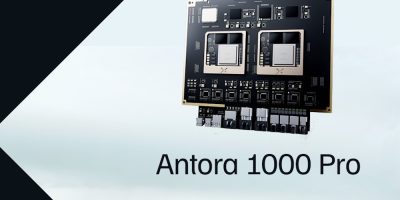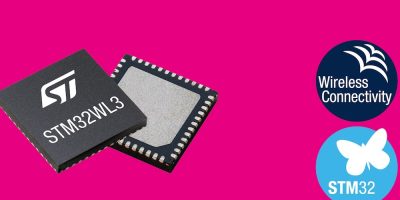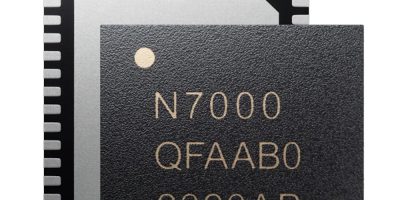A digital cockpit experience is enabled in the EM-P SUV by Lynk, courtesy of the Ecarx Antora 1000 computing platform.
The 08 EM-P SUV was the first vehicle to use Ecarx’s Antora 1000 Pro cockpit computing platform and now the 06 model is released with a 14.6-inch floating central control screen and a 10.2-inch TFT instrument cluster to support a diverse range of interactive functions and immersive experiences, from online navigation and voice command features to karaoke and e-sports.
The Antora 1000 features the SE1000 7nm automotive-grade SoC which provides 100k DMIPS (Dhrystone million instructions per second) of computing power and 900G FLOPS (floating point operations per second) of graphic rendering capability through a multi-core, heterogeneous computing engine and hardware architecture without virtualisation. This earned an AnTuTu benchmarking performance test score of over 500,000 which is approximately 20 per cent better than comparable processors currently available, said Ecarx.
There is also a programmable NPU (neural processing unit) and multiple acceleration engines capable of 8 Tera operations per second.
Memory is configurable to 16gByte and there is 128Gbyte of storage. It also has automotive-grade functional safety and information security solutions and certifications.
Ecarx is an automotive technology provider with the capabilities to deliver turnkey solutions for next-generation smart vehicles, from the SoC to central computing platforms and software. As automakers develop new electric vehicle architectures from the ground up, Ecarx is developing full-stack solutions to enhance the user experience, while reducing complexity and cost.
Founded in 2017 Ecarx has 11 major locations in China, UK, USA, Sweden, Germany and Malaysia. The co-founders are two automotive entrepreneurs, chairman and CEO, Ziyu Shen, and Eric Li (Li Shufu), who is also the founder and chairman of Zhejiang Geely Holding Group with ownership interests in brands including Lotus, Lynk, Polestar, Smart and Volvo Cars. Ecarx also works with other well-known automakers, including FAW and Dongfeng Peugeot-Citroën.







